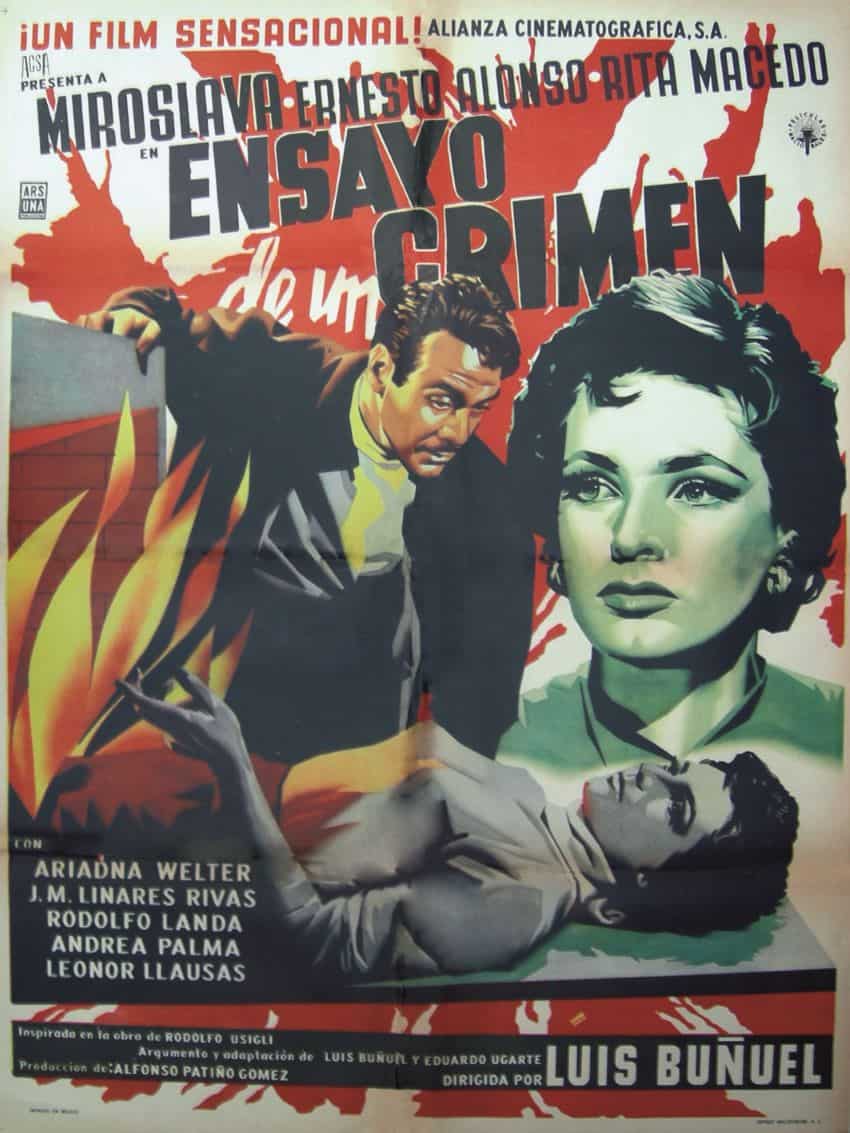Mexico had a time of making better movies than anyone. Mexico calls it Golden age. There were some of them. But most of them sweat under the hot lights in temporary studios, and made the art of mental anguish and techila, because what do you do when history does not allow you to rest.
Golden age Beginning in the 1930s and running in the 1950s, when the world was still recovering from a war and preparing for another war, Mexico was doing it better: improving. The country discovered how a revolution should look like without falling immediately, which is not a small record. Meanwhile, the Hollywood Second World War and Celluloid were distracted by racing, so the Mexican filmmakers set foot, scooping and working.
When the movies refer to something, when people are packed in theaters to see people Large characters than life Drink, fight, cry and sing. They did. Ranjeera filled the musical soundtrack, caused by inflammation of the violin and the heartbeat because no self -esteem could pass the film for one and a half hours, without singing how someone ruined their life.
Leading men can fix your car, break their nose, and steal your girlfriend in the same afternoon. Cotton Infant, George Negret and Cantinflas – the most popular men in Mexico, if you enter a bar and tell their names, someone will buy you a drink for good taste.
Pedro Infante Heart Breaker, Motorcycle-Reddy, Silver Throat Sexy, he could cry on the goal and make the whole country cry with him. He played for love and lost, but beautifully lost. He died very young, of course – in 1957 his plane was low – and half the country was wearing a grief as if he lost a brother.
George Negred was different. He was a trained opera singer and it seemed that he could win a fight by raising a eyebrow. If you are the boy you loved in the Pedro Infante, if you mean something you mean, the guy you married George Negrett. He had dignity, existence and a kind of voice, and it was straightened on the back when people heard it.
Then there was Cantinflas. No one really knows what he says, but it is hilarious. He could speak circles around anyone, and even the fantasy between the stupidity and the genius, even the politicians feared him. Charlie Chaplin called him the best comedian alive, and Charlie knew about one or two things about Charlie Chaplin’s humor. Cantinlas made fun of everyone, but somehow everyone loved him.
The movies were something else-the partial melotrama, the social commentary, the partial desire. Was Curro Pictures, wide-edge hats and silver-bout jackets rode horses, played guitar and shot each other on women. Was Carpetra Movies, smoking and miserable, where women in tight clothes sang sorrow in dim -burning nightclubs, before making a bad decision, which will inevitably cover a man with a mustache.
Then Maria Felix was, “La Dona ” (Lady) Who’s not playing as strong women – she Was A powerful woman can bury him with an eye on a man who can kill a man at 20 speeds. He dismissed Hollywood because he did not want to play maids or masters. In Mexico, she made sure that everyone knew it.
But nothing can last forever. In the late 1950s, television was eating with the audience of the cinema, the government – always quickly to destroy a good thing – tightened its grip on the film production. Once the studios exploded with talent and ideas became middle factories. The world moved.

However, the funniest thing about the golden age of Mexican cinema is here: it can start, end and restart. Are There are plenty of modern examples of Mexican’s greatness in moviesMy favorite is “Yu Thu Mamay Thambian” because I suck a good road journey. The ghosts of the Golden Age films are black and white, singing forever and forever, and suffering, and forever. A new generation always encourages filmmakers.
Which is your favorite Mexican movie?
Stephen Randal He has lived in Mexico since 2018 via Kentucky, and Germany before. He is an enthusiastic amateur cook, he gets inspiration from many foods with favorites including Mexican and Mediterranean.
(Tagstotranslate) Golden Age of Mexican Cinema (T) Mexican Cinema (T) Mexican Films (T) Mexican Movies
Story Credit








